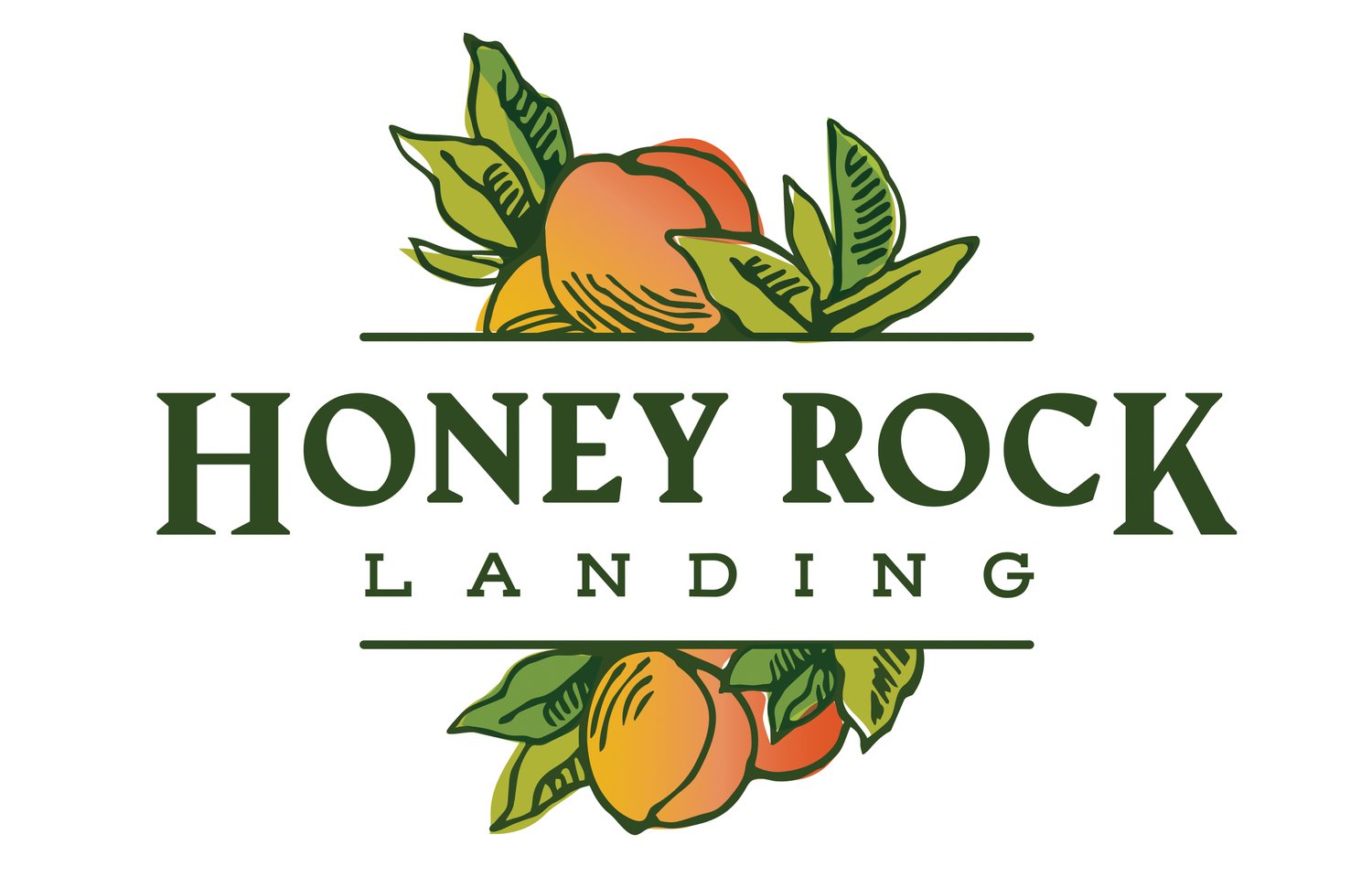Celebrating the Peach
We are ramping up for another great peach season this year. We have scheduled four U-Pick days August 11th, 12th, 18th, and 19th. You can sign-up for a spot here: Honey Rock Landing U-PICK Peach.
At the beginning of peach season, it always seems important to recognize the tumultuous past of this fruit and the people who cultivated it. Most experts will say that the peach originated in southern China. Peach stones have been uncovered in 7,500-8,000 year old sites in the Zhejiang Province in southwest China. Most historians attribute the arrival of the peach to North America due to the Spanish in 1539 along the current Florida coast. However, many Diné people of the southwest argue the ancient canyon peaches their people have cultivated for hundreds of years did not come from the Spanish. Either way, the peach tree has traveled a long way to get to western Colorado. More importantly to remember, the peaches grown in Dominguez Canyon have a different origin than the old canyon peaches that can still be found in the southwest. These canyon peaches cultivated by indigenous peoples were hidden away from colonial violence and safeguarded for future generations. Today, the work of researchers such as Reagan Wytsalucy have uncovered the unique nutritional and ecological attributes of canyon peaches that escaped the colonizers hands. Her work is incredibly important in exploring the attributes of true landrace fruit like the canyon peaches of the southwest. And for honoring the people who survived the brutality and violence of forced relocation by the US Army. For a full detailed report of this checkered history and the role of peaches, the National Park Service has a wonderful article on Wytsalucy’s work and the history of the peach in the southwest.
Why bring up such dark days and associate them with the sun-kissed peach? Well, because food is important. In a time when food is commoditized, it is easy to forget food isn’t a commodity, but a necessity. And around these necessities, cultures and values have been cultivated for centuries. Food sovereignty is intimately linked to community health and freedom. Today, we celebrate a beautiful, big, tasty peach that we are honored to grow in the Dominguez Canyon. But we should remember that the food we eat today holds flavors from an ancient past that can remind us that real food tells a story about who we are and where we live.
